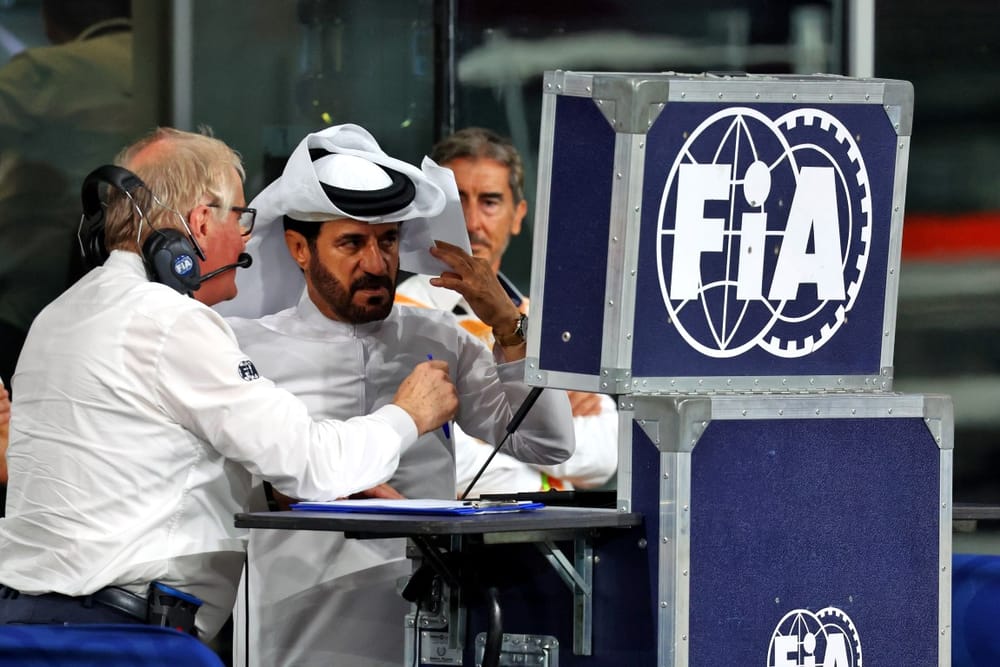Up Next

The FIA has approved changes to its statutes that will significantly limit the remit of its ethics and audit committees.
Those changes, which have been met with criticism, mean the audit committee will no longer investigate financial issues independently and the ethics committee will be restricted to only carrying out initial assessments into complaints "to determine whether an in-depth investigation is necessary".
They were approved by the governing body's General Assembly, which is being hosted alongside the FIA's prize giving ceremony in the Rwandan capital of Kigali.
British outlet the BBC reported the changes passed with "around 75%" approval.
The FIA issued a statement following that approval to justify the statutory changes, including to limit what it claimed were "continuous leaks to the media of confidential material" from the ethics committee.
What's changing?
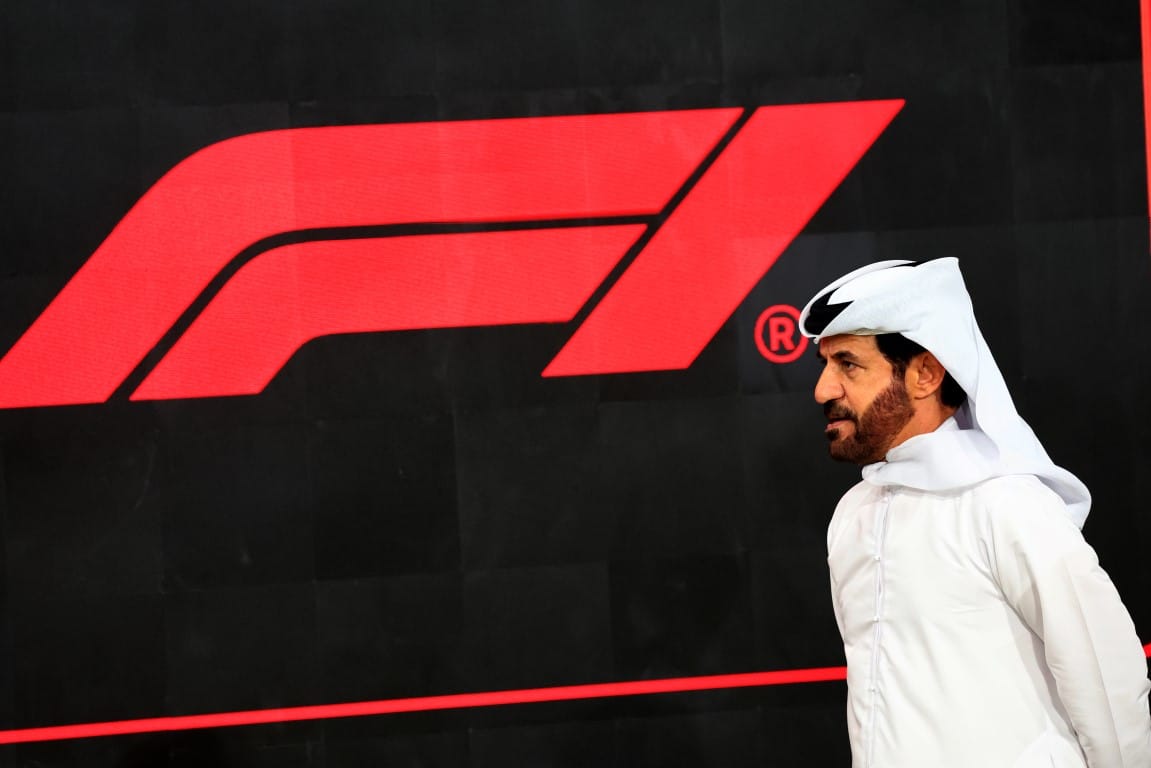
As first reported by the BBC, the revisions include limiting the role of the ethics committee to only determining whether a case needs further "in-depth" investigation.
The president of the senate (a role currently occupied by Carmelo Sanz De Barros, a member of FIA president Mohammed Ben Sulayem's four-person leadership team) may then, based on that report, decide to take further action. This removes the power to investigate from the ethics committee itself.
The audit committee will no longer investigate financial issues independently, or any matter unless asked by the president of the senate, and would instead review the FIA's accounting methods and the internal procedures around them.
It will also no longer be required to be involved in the closing of the FIA's accounts and the supervision of the FIA's financial issues and budgets.
Responsibility would instead be on the president of the senate to consult the committee if that is deemed necessary.
The responsibilities of the compliance officer are also greatly reduced. They no longer report to either the ethics or audit committees and have lost their power to "investigate any suspected irregularities" or any irregularities concerning the FIA president or any other person on his or her team.
If either the FIA president or the president of the senate did end up subject to an investigation by the ethics committee, the report would be submitted to the other.
FIA justification
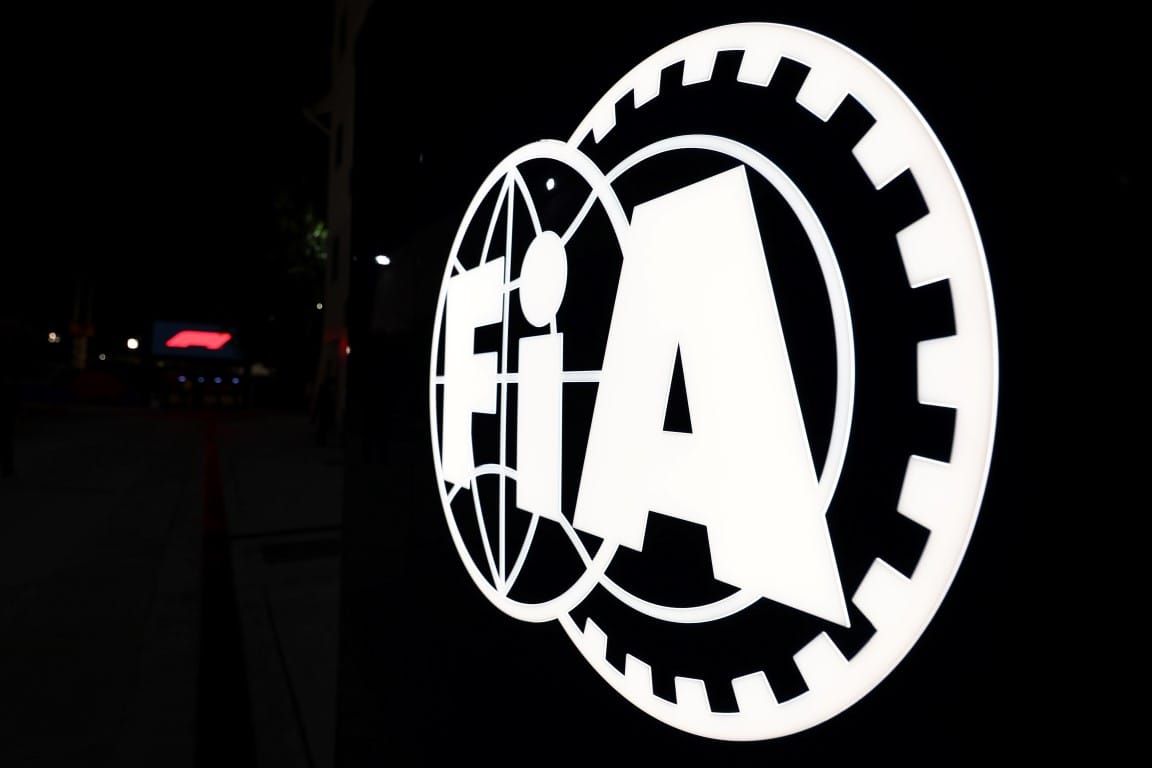
The FIA's justification - it presented this as "background information" - included four points, three of which pertained to the ethics committee.
It said the changes would "enhance the independence" of the ethics committee by "reducing the involvement" of the governing body's administration.
While the committee previously reported only to the president it will now report to Ben Sulayem and the president of the senate.
It is also proposed that the distribution of reports from the ethics committee "be limited" on account of what the FIA described as "continuous leaks" of "confidential material" to the media.
"This does not prevent either the president or the president of the senate from involving senate members or other members of the FIA or its staff in discussing or implementing any recommendations from the ethics committee," it said.
The president and president of the senate are not obliged to do this, however.
The FIA added that it was necessary to limit the "automatic sharing" of ethics committee reports with "multiple members and FIA staff" because such reports can include "material of a confidential nature including criminal or safeguarding issues".
"Limiting the distribution of the report will also protect the complainant and individual subject to the investigation."
As for the audit committee, the FIA said the changes were intended to clarify its lesser status as "an advisory body".
"The internal regulations of the audit committee will, in future, be approved by the senate," it said.
Why the changes are problematic
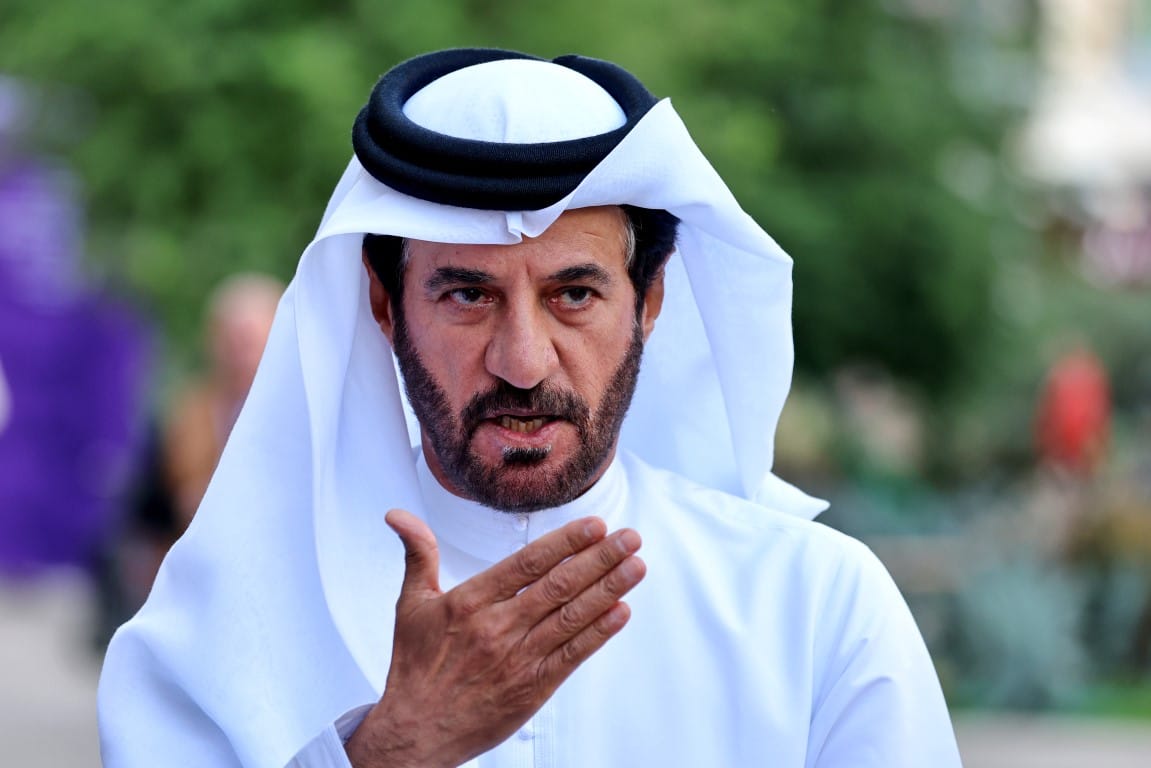
Several sources including senior figures within the FIA and Formula 1 had expressed concerns over the proposals to The Race prior to their approval.
Ben Sulayem was cleared by the ethics committee earlier this year after reports from then-compliance officer Paolo Basarri, who has since been removed from his role, and has been subjected to scrutiny by the audit committee as well.
Investigations earlier this year into the president related to whistleblower allegations that he had attempted to intervene over a post-race penalty for Fernando Alonso in the 2023 Saudi Arabian Grand Prix and tried to stop the Las Vegas Strip Circuit receiving FIA homologation prior to that street track's inaugural grand prix last November.
Ben Sulayem was cleared of any wrongdoing by the ethics committee, after those claims were initially investigated by the FIA compliance department.
The auditing committee also looked into Ben Sulayem regarding the funds of his private office and then a decision to put that into a $1.5million development fund for members - the suitability of which was questioned on the grounds that these members vote for him.
News of the proposals emerged last week and was received poorly in the F1 paddock at the Abu Dhabi season finale.
David Richards, the ex-BAR F1 team boss and the UK's representative on the World Motor Sport Council, said it was his opinion that the audit committee should remain "completely independent", with the ability to "investigate any issue it wishes within the FIA".
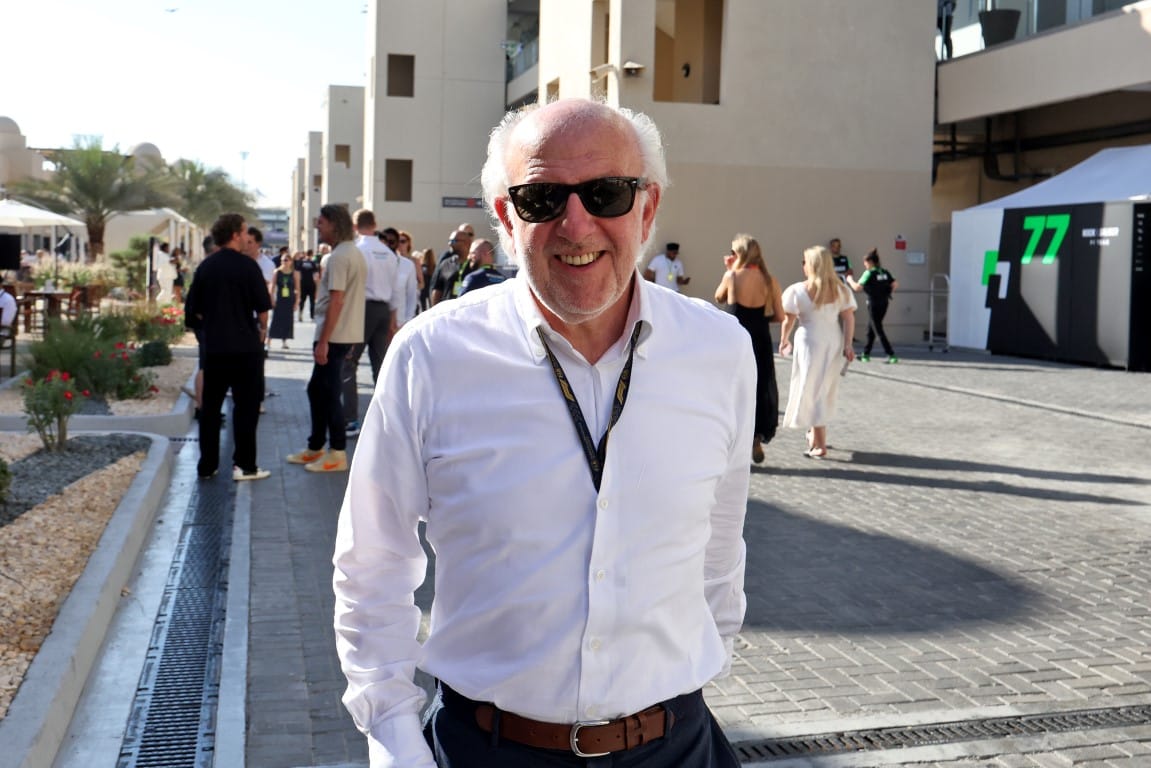
He said the then-proposed changes "will stop that" independence and amounted to "not good governance".
Richards' Austrian counterpart, OAMTC chief executive Oliver Schmerold, told the BBC he was "saddened" by the proposals and felt they would reduce accountability.
"Which individual who is behind good governance and who has shown he has a good professional track record would be ready to take on a position on a committee which is completely controlled by two individuals?" said Schmerold.
The head of the Royal Touring Club of Belgium Thierry Willermarck told the BBC it represented a "concentration of power that we have to be worrisome about".
It was the "correct interpretation", he said, that the changes essentially put the FIA president and president of the senate in control of the two committees.

